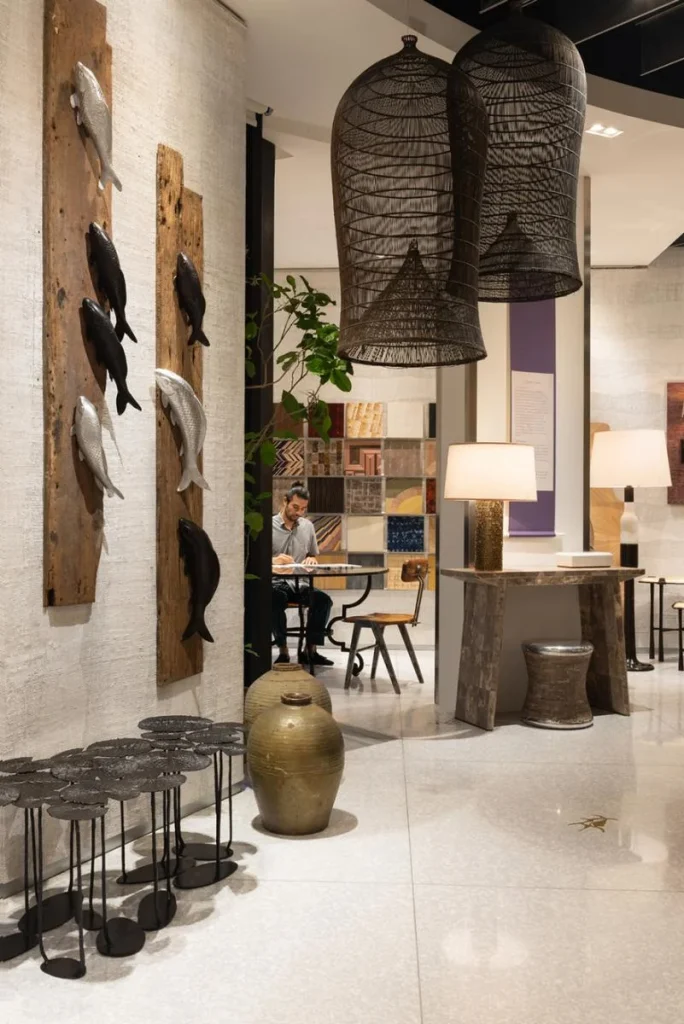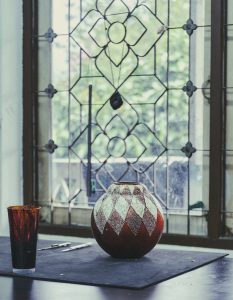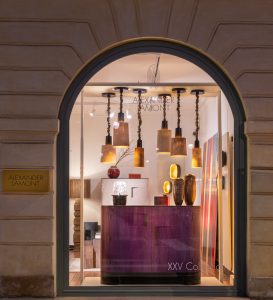Buddhism is a religion practiced in a large part of Asia and has become an important cultural heritage of the region. Today its deep insight into the nature of humanity has gained a global recognition as a sophisticated form of philosophy, especially that of the Zen tradition. Zen was born of a mixture of Indian Mahayana Buddhism and Taoism, and its essential goal is attempting to understand the meaning of life through meditative practices. It began in China, spread to Korea, Vietnam, Japan, and became very popular in the West in the 21st century.
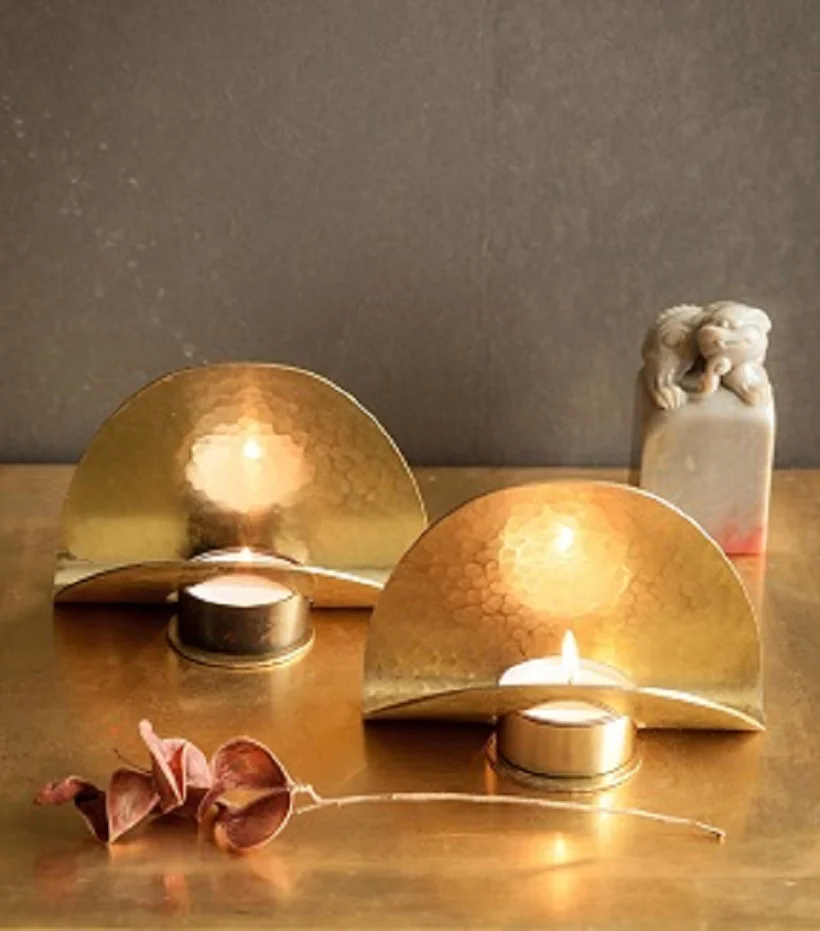
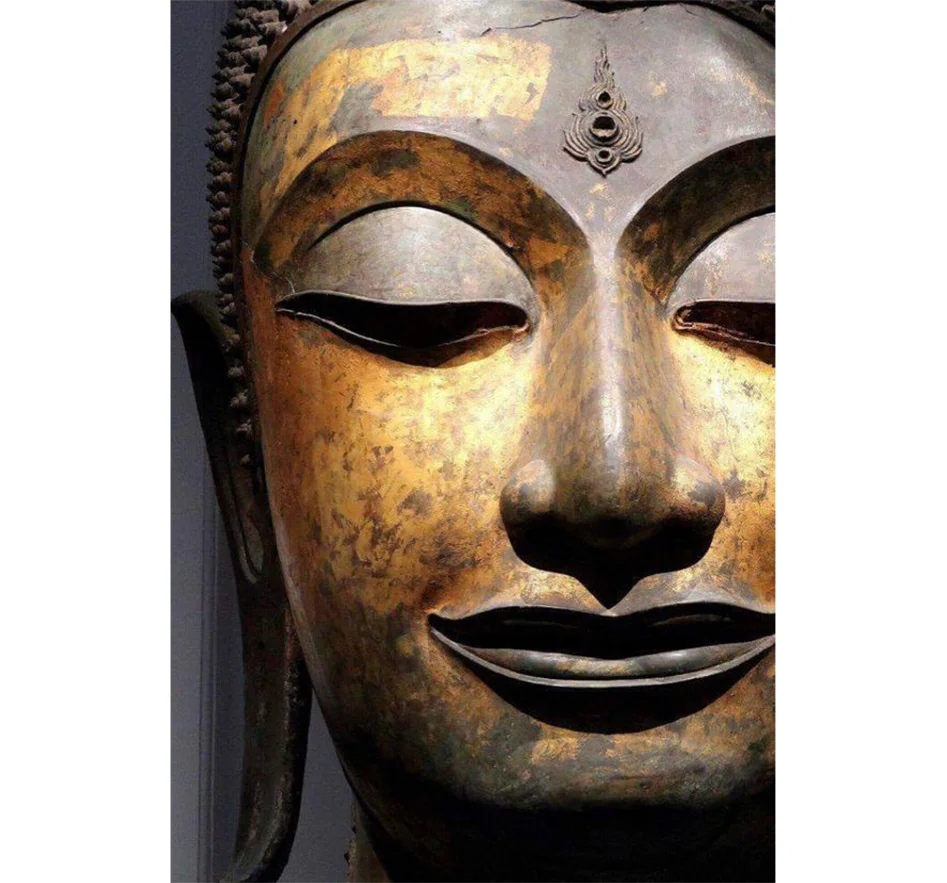
Alexander Lamont’s Scholar’s Gift Collection was conceived around the poetic beauty of such meditative practices as pursued by sophisticated cultural elites over the ages. From the Song dynasty scholars to Edo era samurai, or even to American entrepreneurs of the 21st century, Zen has been an inspiration for countless thinkers who made their achievements through such monastic pursuits: intimate engagement with the rituals and moments of their everyday life.


Zen matured during the cultural renaissance of the Song dynasty in China (960–1279). It was an era of administrative sophistication and complex social organization that gave rise to a rich and diverse social life and culture. The meritocratic civil exams for the selection of bureaucratic officials created an entire class of intellectual and artistically trained scholars. The candidates’ knowledge and ability ranged among wide subjects, including philosophy, law, agriculture, and the arts, especially calligraphy, painting, and music.
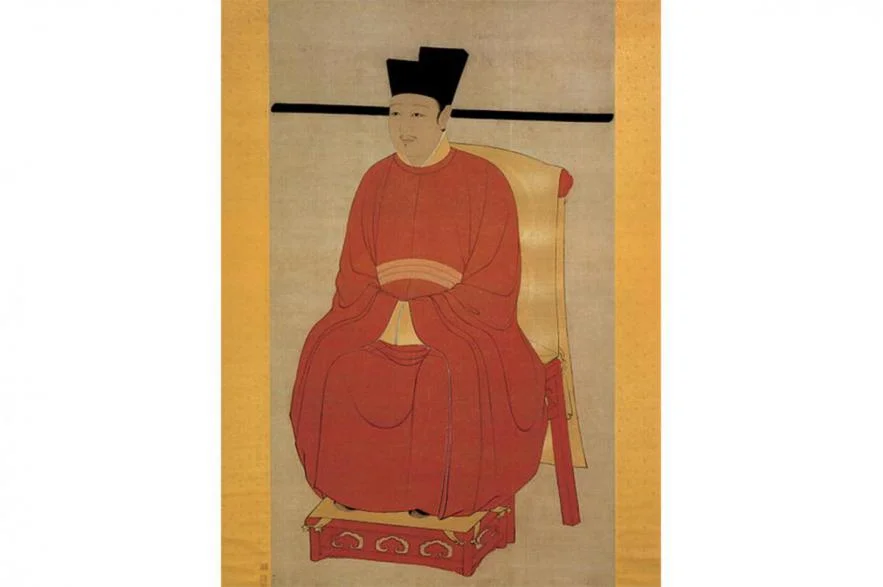
Although the Mongol invasion of China in the 12th century eradicated Song cultural heritage on the Chinese continent, its spirit crossed borders and carried on in the teaching of Zen in neighboring countries. Under the principle of Zen philosophy, the aesthetic theory developed in the Song dynasty was elevated to a high standard of excellence in Japan, expressed in simplicity and subtlety, and continues to influence aesthetics in the modern age. The Art Deco period brought about a design movement that placed emphasis on simple and streamlined forms in their elegant design solution (see futher in our article entitled Art Deco). This process of simplification and abstraction is an embodiment of the impact of Zen aesthetics in modern Western art and design.
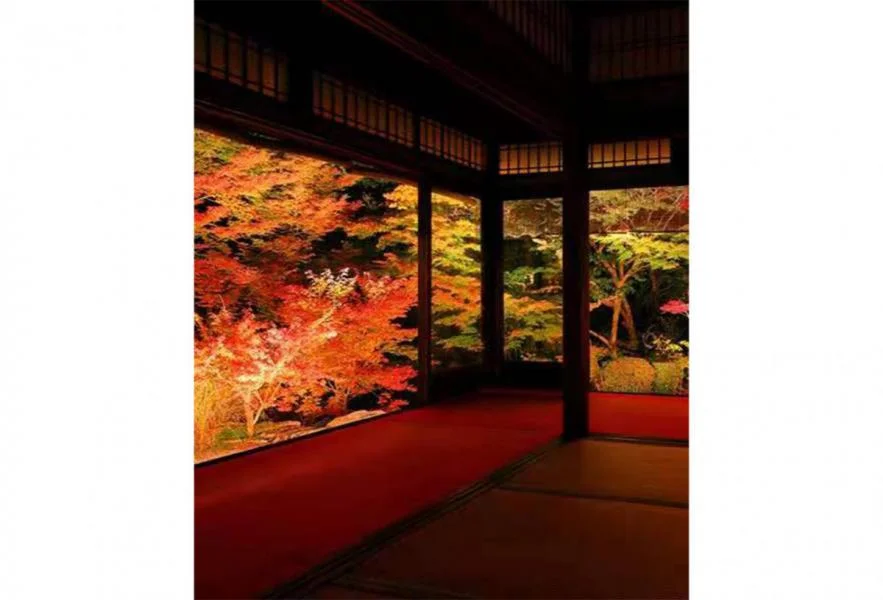
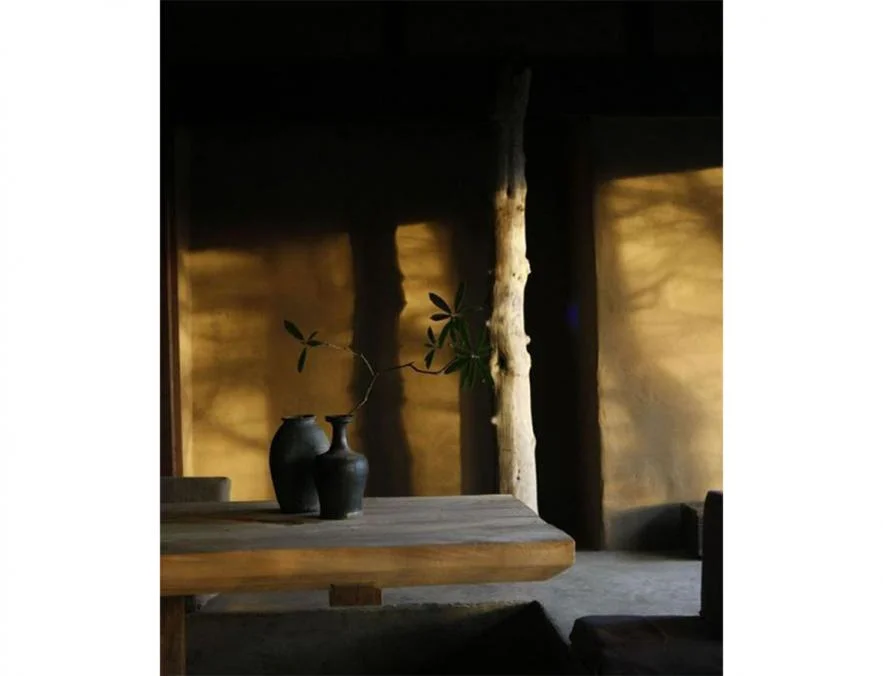
Working with Japanese designer Ryosuke Harashima, Alex created a gift collection inspired by Chinese scholar’s objects and meditative lifesytle and that they symbolise.
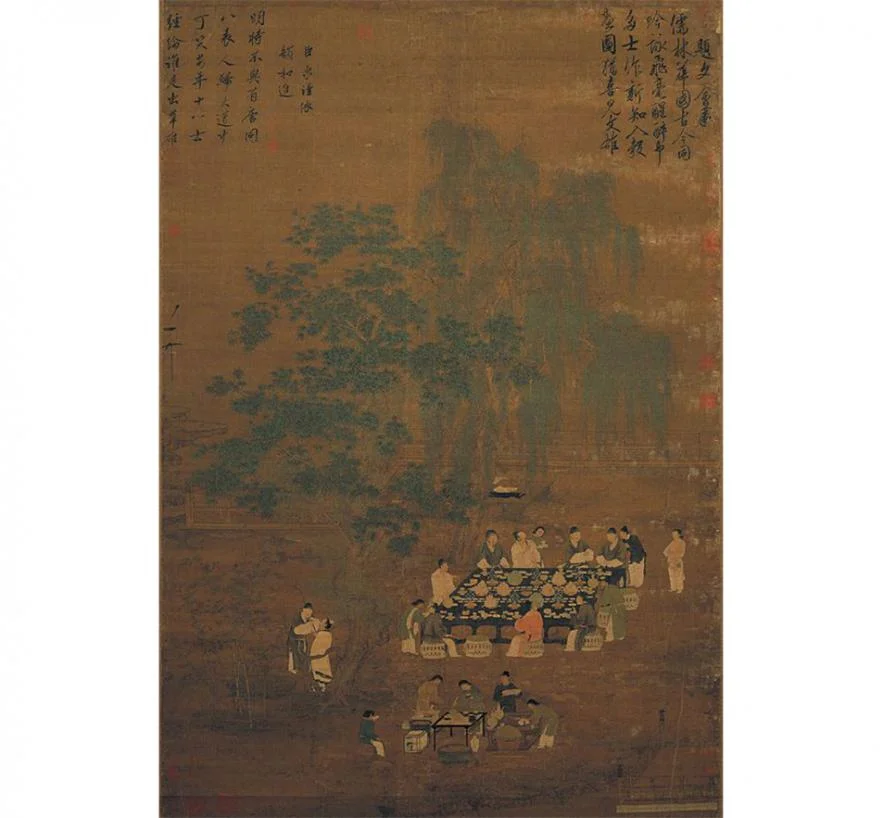
The Atlas Brush Pot is a reference to the pleasure of academic and artistic pursuit by Chinese scholars. On the bronze patinated surface of this brush pot, Alex expressed the texture of sycamore tree bark; its undulating texture and its meandering lines. Celebration of nature was a common subject matter to explore creativity among classical Chinese scholars.
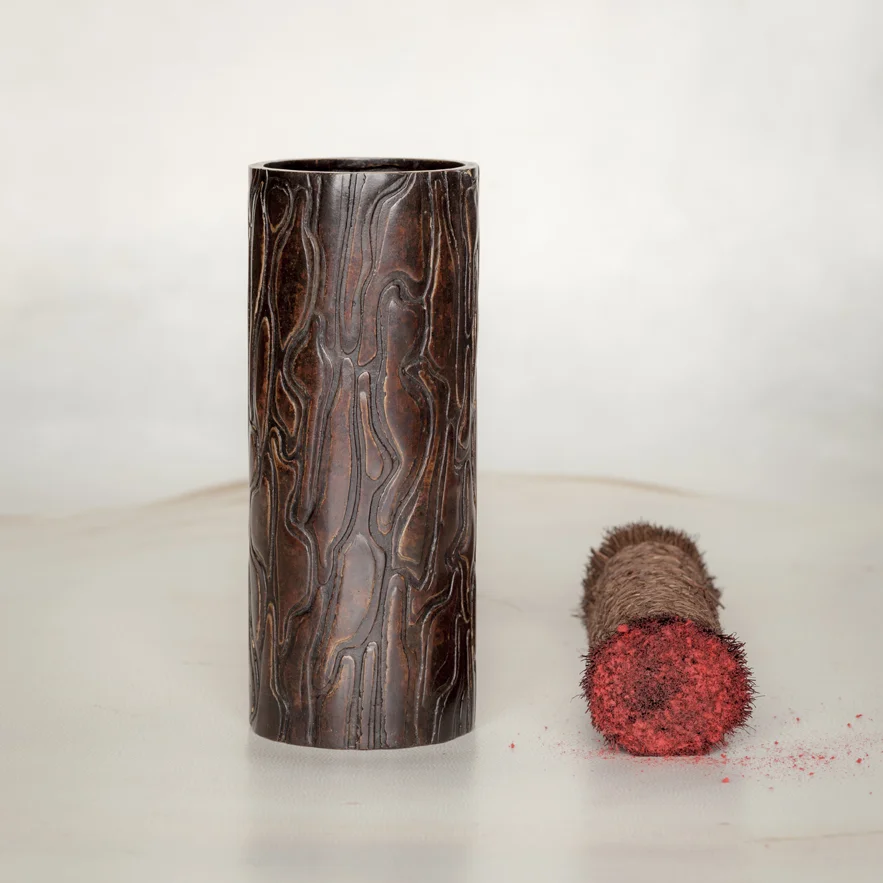
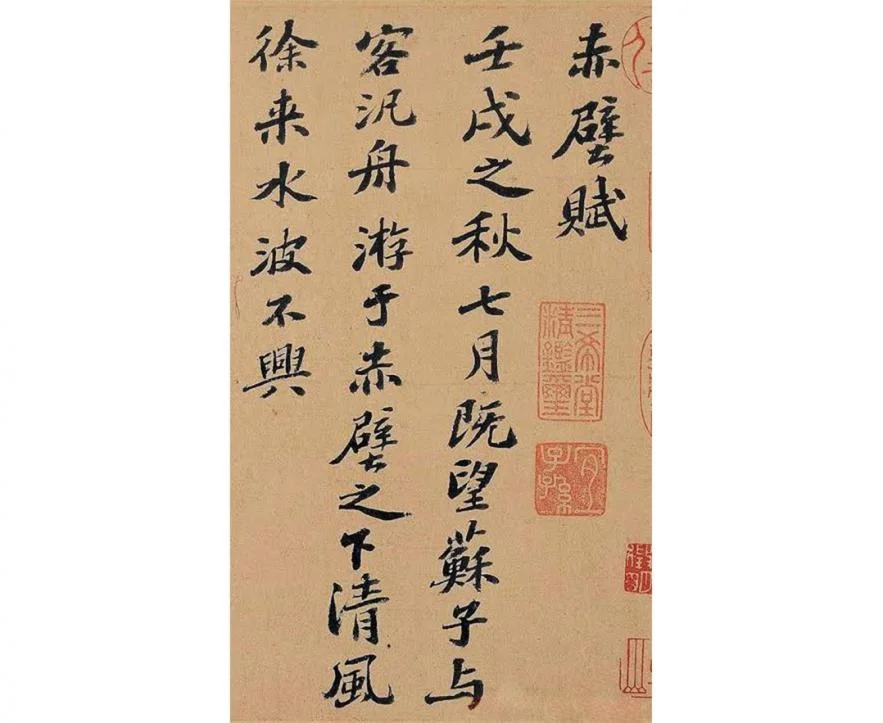
Imagined from the importance of landscape in Asian Art, the Long Tray with its gently carved horizontal lines and ivory shagreen base, makes a beautiful landscape for a small object or gift such as the Bronze Seal Box.

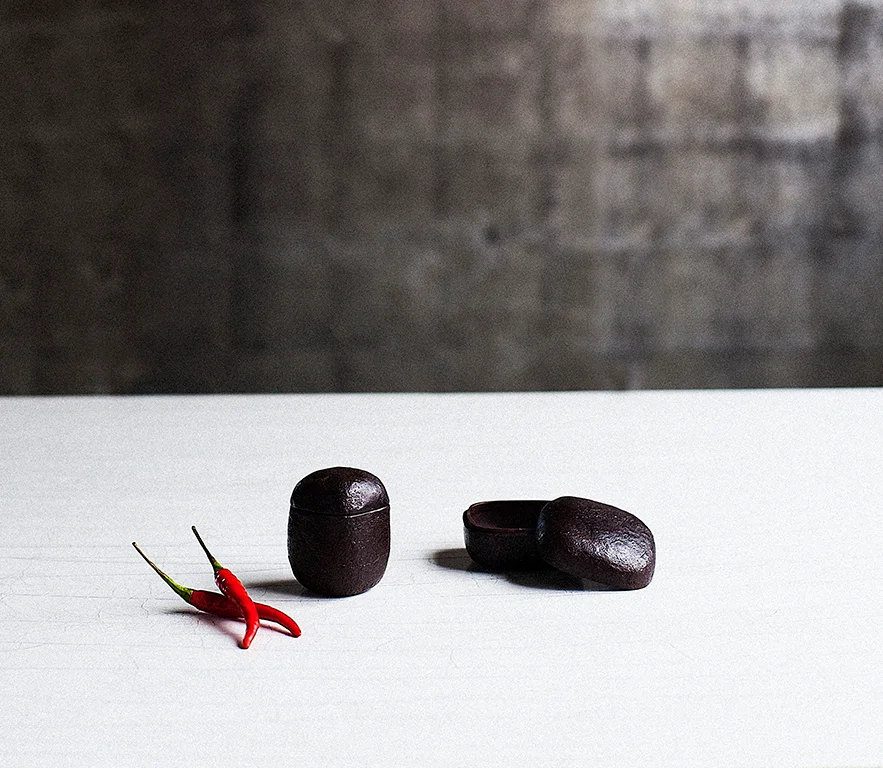
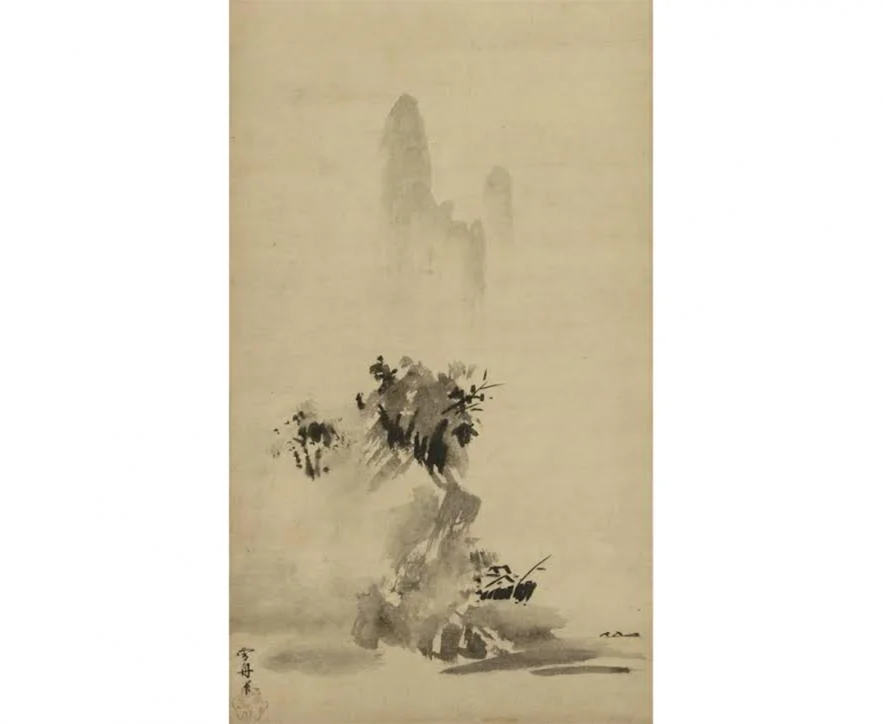
The appreciation of incense and flower arrangement was brought to Japan by Buddhist monks during the Tang dynasty China. Although this tradition died away in China with the fall of the Song dynasty, it continued to blossom in Japan and reached its perfection as a form of art in the 15th century. Both Kodo, or the way of incense, and Kado, or the way of flower arrangement, have long been a source of spiritual nourishment as well as delight and entertainment within Japanese culture.
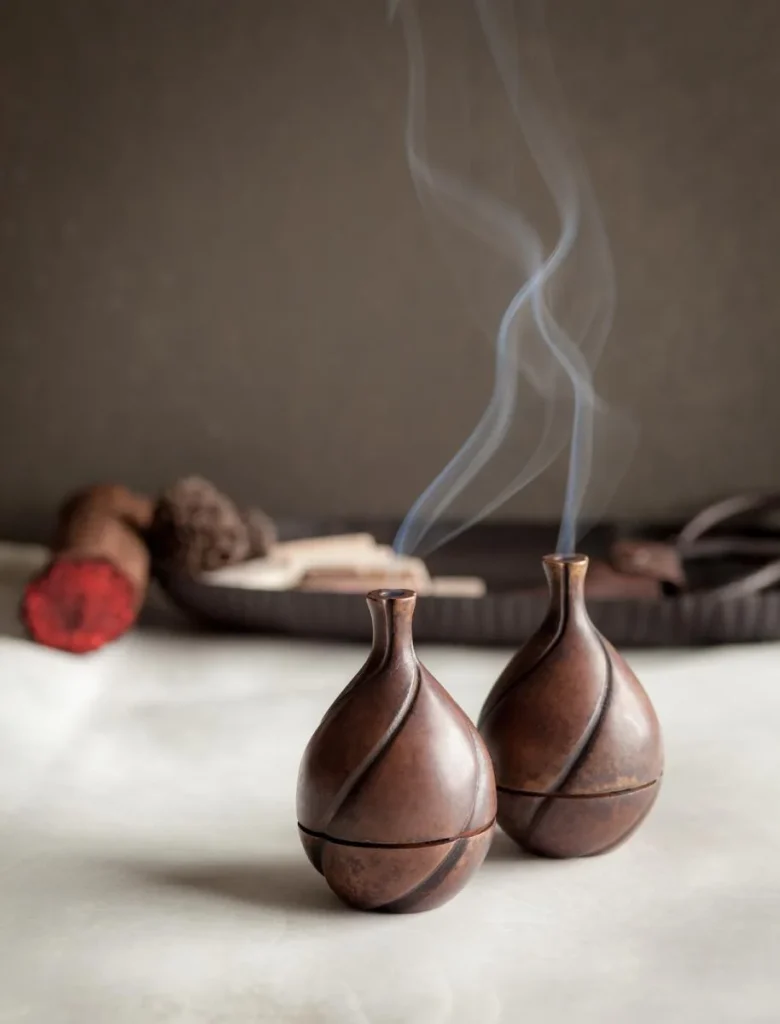
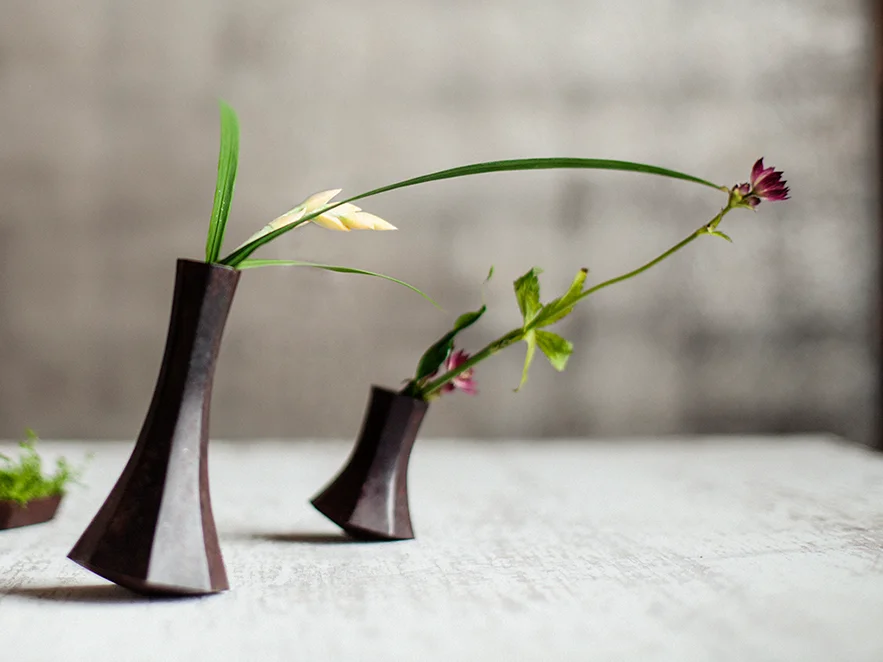

The ceramics of the Song Dynasty constitute the foremost expression of ceramic art, not only in China but in the entire world. The ceramics of Song Dynasty China became transformed within Japanese culture which adopted their grace and flawlessness but also brought to them an appreciation for earthy texture, simple forms and the celebration of pefection within imperfection. The open columns of the Song Incense Burner are brought to life with a strong ash glaze reminiscent of the famous tea bowls of Japan.

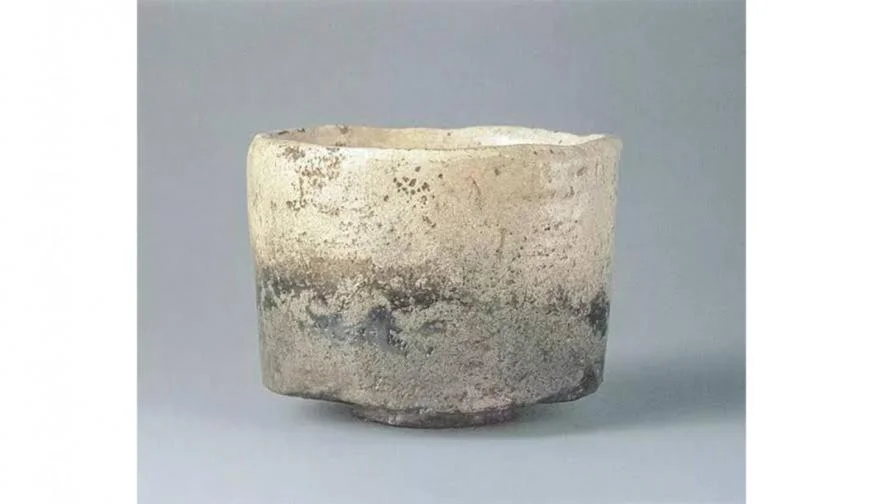
Zen, more than anything else, is about reclaiming and expanding the present moment. It is about bringing our consciousness into the present to create our own reality. Candlelight can accompany us during the present moment rituals of our daily lives. When we sit at the table to eat, enjoy a bath at the end of the day or reflect in solitude in our favourite chair, the comforting atmosphere created by the candlelight allows us to indulge in the present, a dream of the transitory and insubstantial.
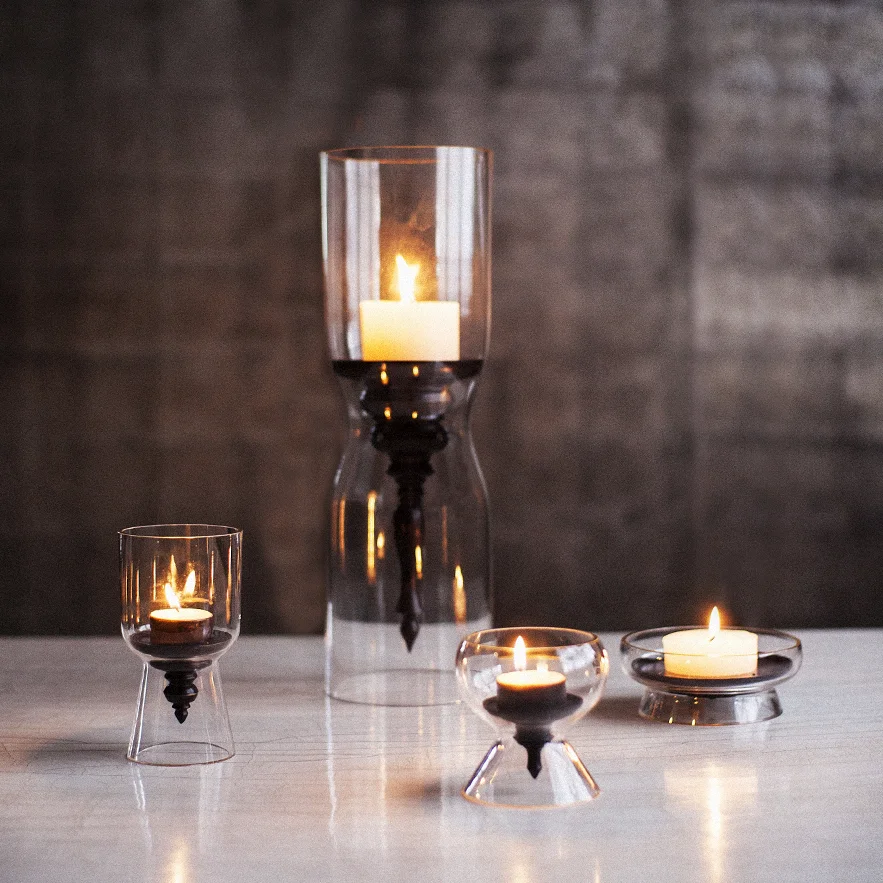
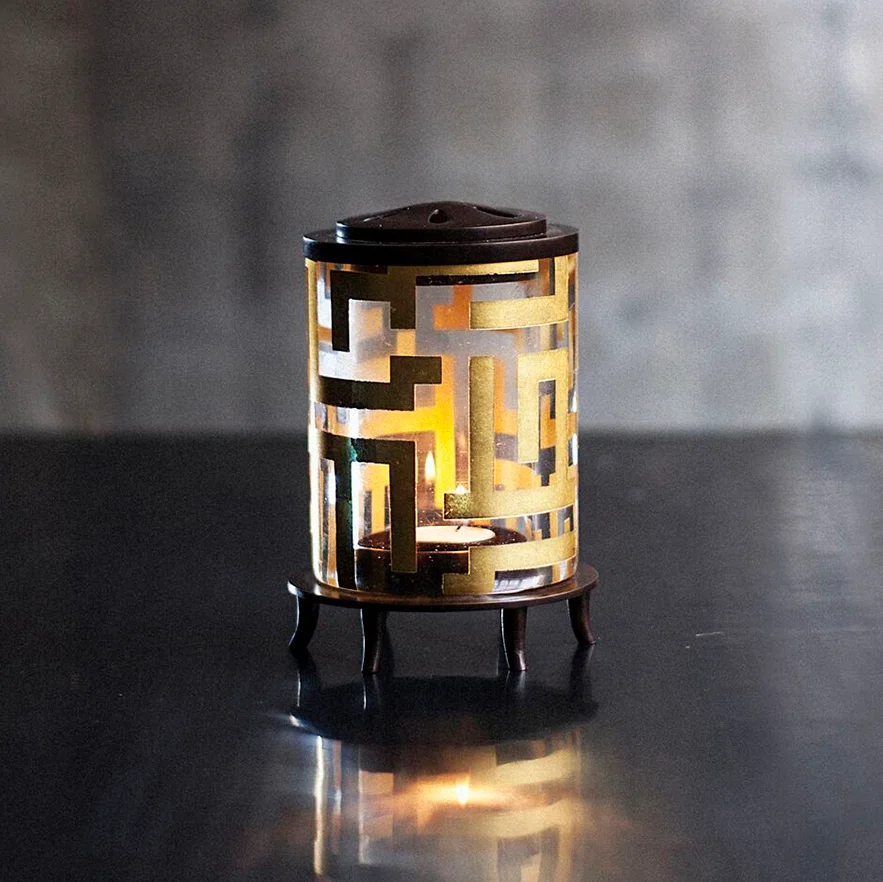
Our physical reality is not physical at all. Everything we call real is made of things that can not be regarded real. Our consciousness creates reality.
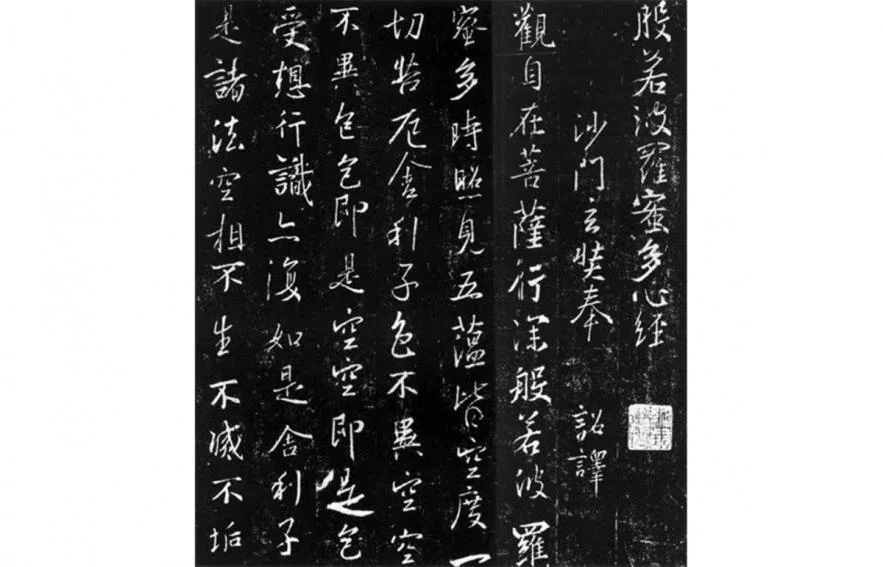
This is the idea defined in quantum physics by modern Western scientists, and it is the principal doctrine of Buddhism embraced in Asia since ancient times. Whether the Zen meditation, Hindu yoga or other forms of spiritual quest, the Asian philosophy transcends science and gives us the wisdom of life. As Steve Jobs practiced the Zen Buddhism for his creative inspiration, Asia presents to us layers of resources to better our lives spiritually, intellectually and aesthetically.
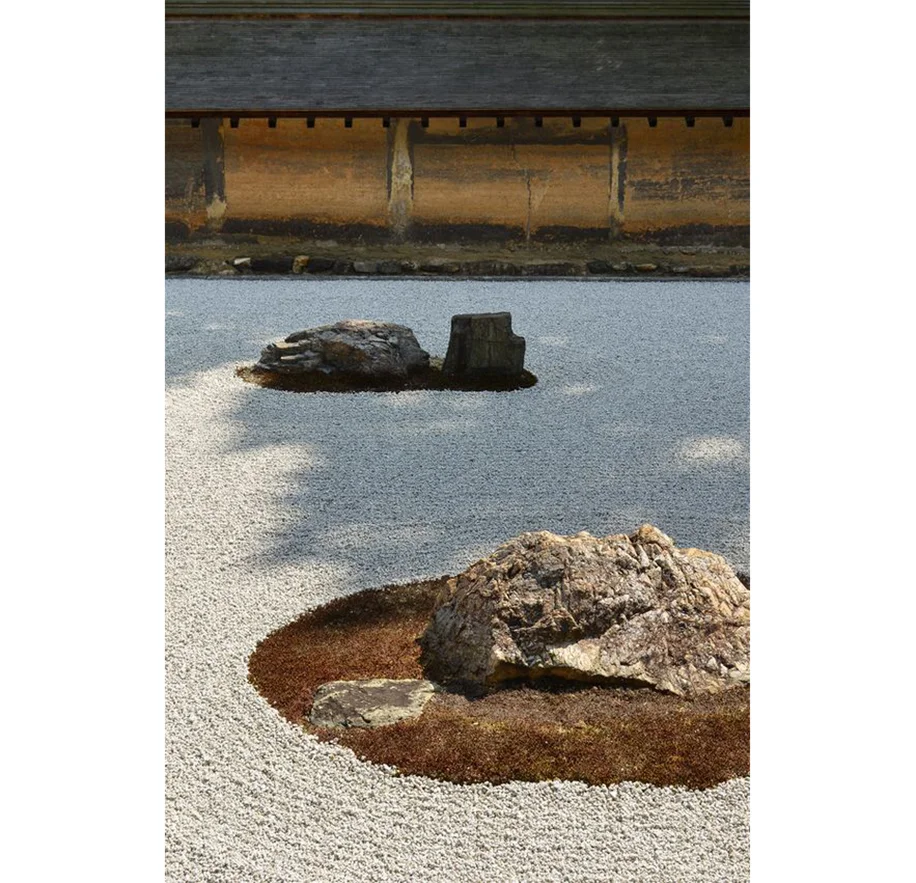
Alexander Lamont’s Scholar’s Gift Collection is created to enhance our intimate moments within our exploration of culture, our appreciation of beauty, and our meditative practices. When we pursue such rituals in our daily life, things that are present must be objects made with great care and skill, from natural materials that grow old with grace. This is our idea of luxury.

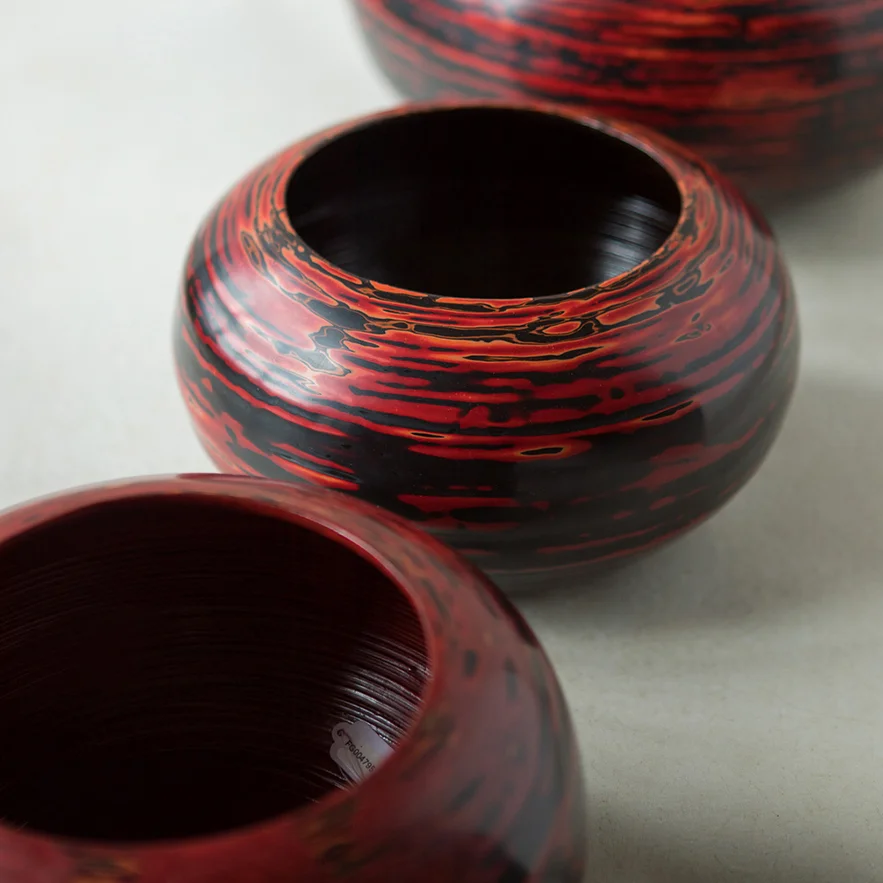
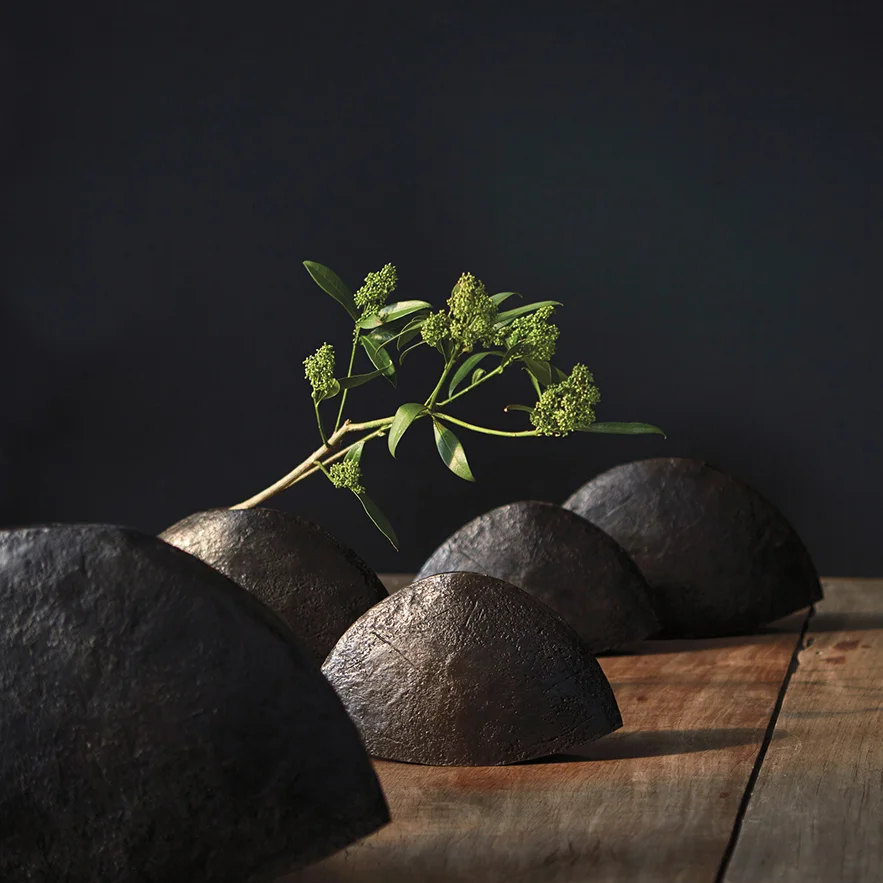
The Scholar’s Gift Collection is exclusively avaiable from Alexander Lamont’s own stores. For the occasion of this Spring Festival the Scholar’s Gift Collection will also be on display with some of our lacquer, bronze and gold leaf collections, in the Alexander Lamont Spring Festival Pop Up Shop on 2nd floor of Gaysorn Village. If you are in Bangkok during the Spring Festival do come visit us. We look forward to your visit.
Alexander Lamont Spring Festival Pop-Up Shop
Gaysorn Village 2nd Floor
From 24th January 2020 to the end of February
